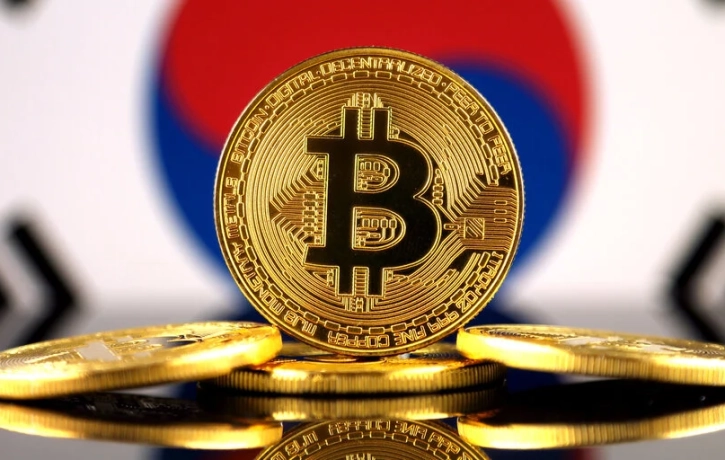South Korea is witnessing a dramatic surge in crypto-related crime, raising concerns about the dark side of digital assets. According to the Financial Intelligence Unit (FIU), suspicious cryptocurrency transactions spiked by 48.8% in 2023 compared to the previous year. This translates to a staggering 16,076 cases suspected to be linked to money laundering, market manipulation, and even illegal drug trades.
Several factors appear to be fueling this trend. The FIU attributes the increase to their efforts, actively encouraging local companies to flag suspicious activity. Additionally, the country’s growing crypto adoption combined with its lax regulatory environment until recently might have created fertile ground for illegal activities.
The situation isn’t just alarming, it’s escalating. The FIU reported a 90% increase in suspected crypto crime cases forwarded to law enforcement for investigation. This highlights the growing sophistication and brazenness of criminals exploiting cryptocurrencies for nefarious purposes.
Recognizing the urgency, the FIU is proposing a bold solution a new system to immediately suspend suspicious virtual asset transactions while under investigation. This proactive approach aims to disrupt illegal activities before they can inflict significant damage. The development of this system is expected to be finalized by March, signalling a decisive move towards tighter control.
The fight against crypto crime extends beyond the FIU. The Korean Customs Office reports that a staggering 88% of illegal currency transactions involve virtual assets. This underlines the need for coordinated efforts across different government agencies. The customs administration‘s newly formed team dedicated to tackling crypto crimes reflects this commitment.
Last week, the Financial Services Commission, the country’s top financial regulator, issued a stern warning against crypto criminals. Their message was clear with the new law protecting crypto investors coming into effect in July, engaging in illegal market activities could result in severe consequences, including life imprisonment.
There are still unanswered questions regarding the effectiveness of tougher measures such as immediate suspension and stricter penalties in deterring criminals. Furthermore, it remains to be seen whether regulatory bodies can successfully monitor and track illicit activities within the intricate world of cryptocurrencies. Despite the uncertain future, South Korea’s proactive approach is sending a strong message that they are determined to confront crypto crime directly. The success of their efforts will have significant implications for the future of cryptocurrency regulation, not only in South Korea but globally.

